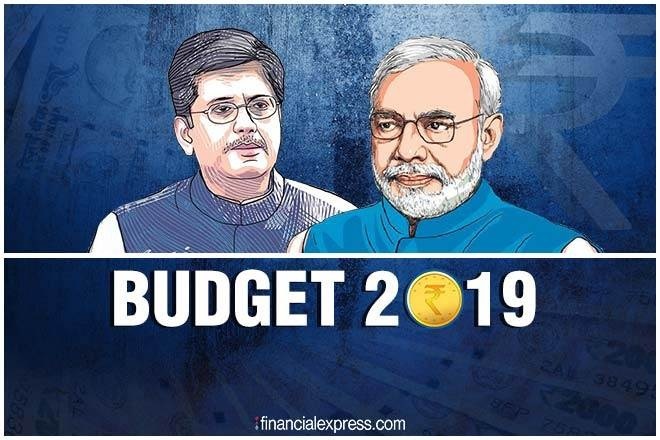Agriculture Sector Expectations from Union Budget 2019: Farm loan waivers have become a common policy option among politicians in order to bag rural votes. With general elections around the corner, the trend is expected to continue in the upcoming interim budget too, said Madan Sabnavis, Chief Economist, CARE Ratings.
Against this backdrop, an analysis of such a policy becomes crucial to gauge its impact on the economy as a whole and rural folks in particular.
Farm loan waiver is the waiving of a part or whole of a loan taken by the farmer. Under it, government takes the burden and repay on their behalf. Agricultural credit is a critical factor determining agricultural output. However, regularly resorting to loan waiver is not a sustainable policy to address the agricultural crisis, say experts. It only adds to the fiscal burden with no significant results as the benefit received are extremely small. This can be seen in the case of Uttar Pradesh, where farmers got Rs. 10, Rs. 5 and so.
In the recent past, many experts have warned against the dire long-run consequences of the loan waiver policy. For instance, recently, Reserve Bank of India (RBI) governor Shaktikanta Das cautioning against it said that open-ended forgiveness would affect credit culture and the behaviour of borrowers.
READ ALSO: Budget 2019: Income support, not loan waiver, is the solution to rural distress, says India Ratings
According to a RBI Report, farm loan waivers had contributed about five basis points to the overshooting of revenue expenditure in 2017-18. The recent agitation by the farmer community might again induce some states and central government to go for such schemes, resulting in increase in revenue expenditure in the rest of 2018-19, the report added.
Similarly, former Chief Economic Adviser of India Arvind Virmani, speaking to Financial Express Online expressed his discontent with the loan waiver policy. The policy is a disaster, except during the Global financial crisis when it helped inject critical demand into economy quicker than tax reductions, he said. Instead he suggested for the use of direct cash transfers to farmers as they are a much more efficient & effective policy.
Adding to it, Madan Sabnavis also agreed that the loan waiver might not be a sustainable option. Apart from the insufficient funds with the government and moral hazard it creates, it also penalizes those who repay their loans and spoils the credit culture, he said. He further suggested to use an automatic insurance scheme on output produced in case of monsoon failure and freedom to farmers to sell their produce forward on commodity exchanges futures. Moreover, state farming should be promoted where the state runs agriculture like cooperatives and all budgetary allocations on agriculture get combined and farmers become employees, he added.
Considering all the above, it would be a point of concern if the government announces any such loan waiver in its interim budget 2019.


